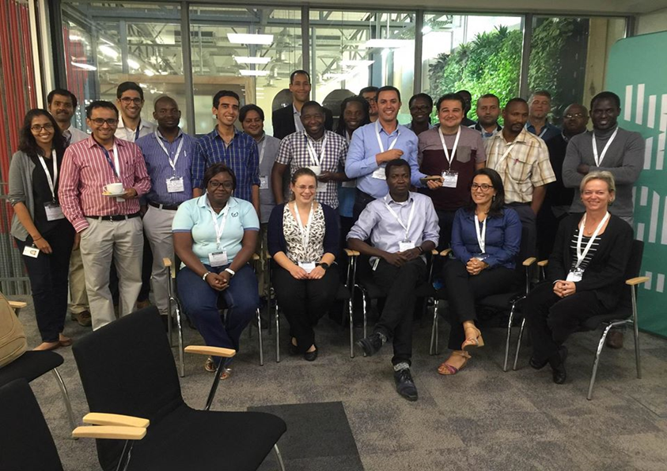DREAM of Malaria
Bringing the benefits of open science challenges to malaria drug resistance research
Open Science Competitions
Open science competitions have provided measurable benefits to human health in areas such as cancer and autoimmune disease. Past challenges have shown that aggregating results across methods outperforms any single method used by competing teams. Even the best standard interdisciplinary collaborations often lack the expertise or resources necessary to employ multiple complex analyses. Infectious disease systems offer interesting computational challenges, are often underfunded, and could greatly benefit from open science competitions. Building on previous competitions in cancer, we are establishing a DREAM challenge to determine whether malaria transcriptional profiles can be used to predict
1. the drug susceptibility of a parasite line and
2. drug synergies between artemisinin and prospective partner drugs.
DREAM challenge preparation
Utilizing our custom P. falciparum exon microarray we generated two large transcription datasets containing 360 transcription profiles each. We analyzed these data using an in house data analysis pipeline in R to aggregate and clean transcription profiles, remove batch effects and assess data quality. In collaboration with IBM Africa and H3ABionet, we organized a 5 day hackathon in South Africa to assess the quality of these datasets and perform preliminary machine learning analysis to determine if there was sufficient signal in the data to predict malaria drug response. Twenty researchers from 8 different African countries participated in the challenge in 3 teams, each team had expertise in malaria biology, microarry analysis and modeling. Teams employed different strategies ranging from traditional differential expression analysis to machine learning techniques (including regularized regression, random forest regression and deep learning). Preliminary results from the hackathon and our plan for a DREAM challenge were presented at the ASMTH National Meeting 2016, the 2017 Sage Assembly, ISCB Africa ASBCB Conference on Bioinformatics 2017 and the RECOMB/ISCB Conference on Regulatory & Systems Genomics with DREAM Challenges 2017.
